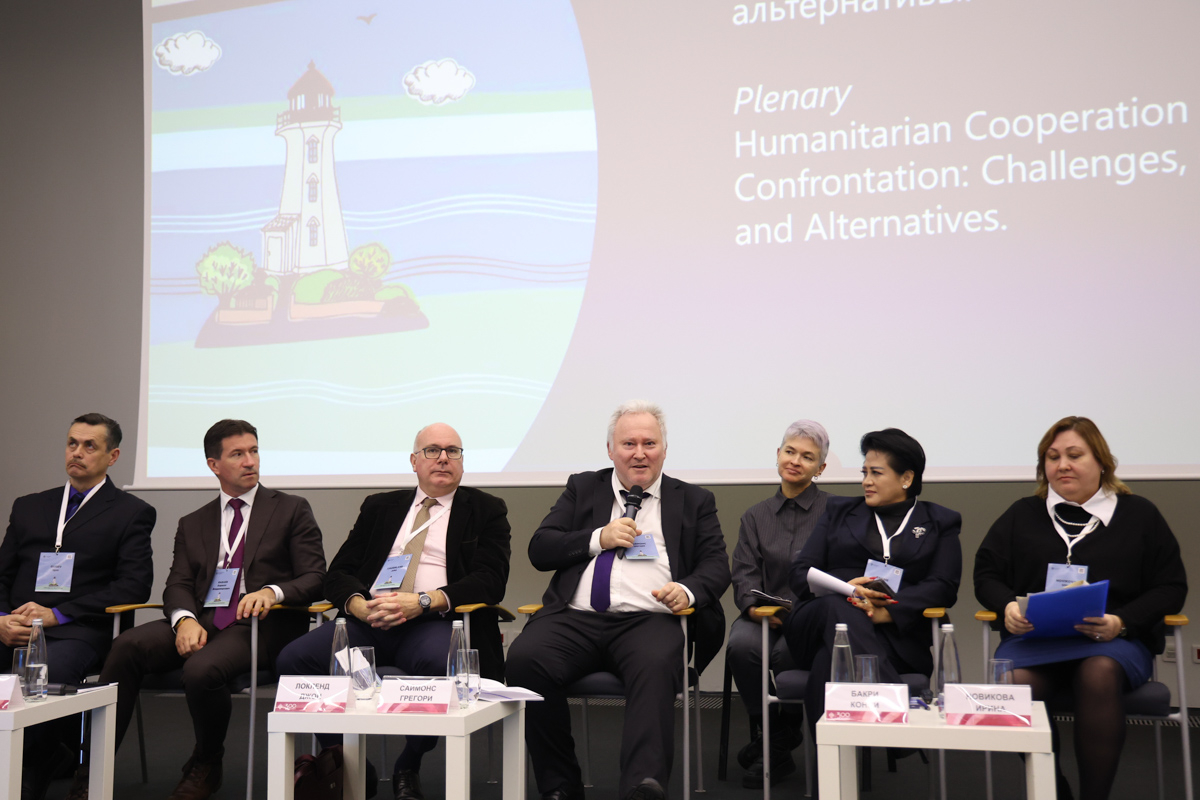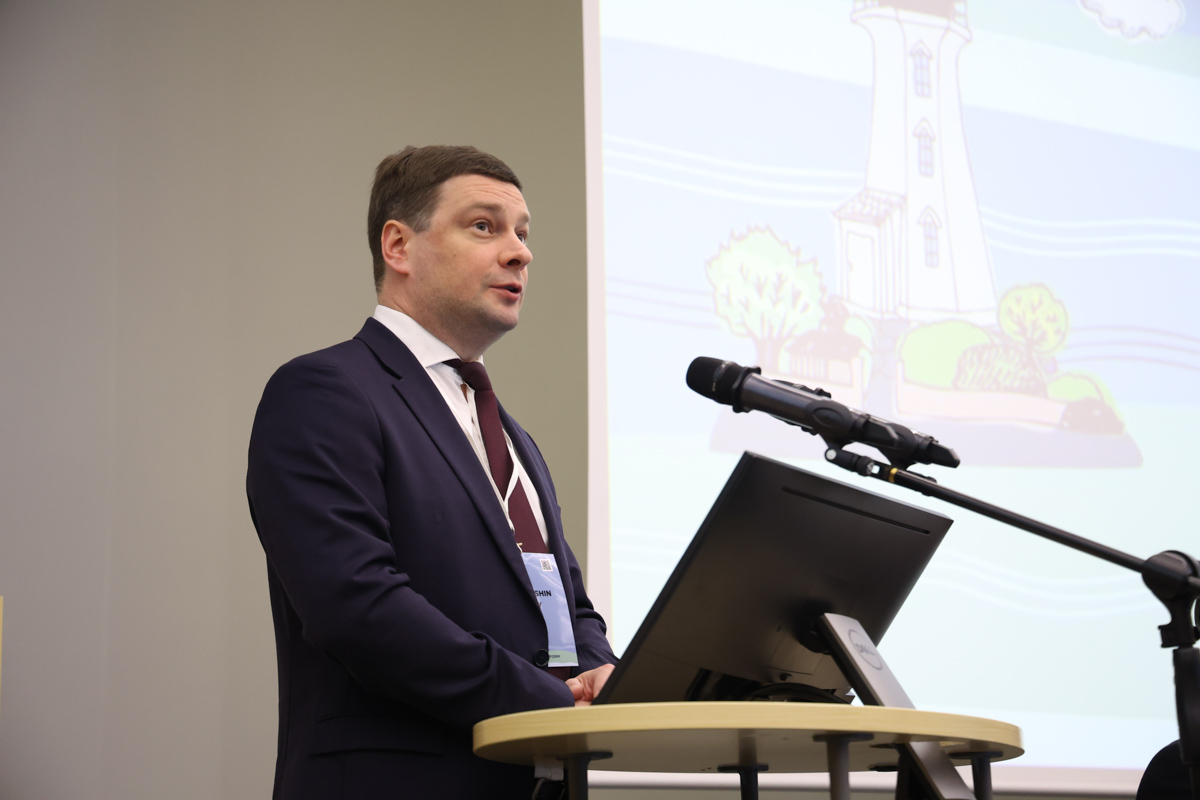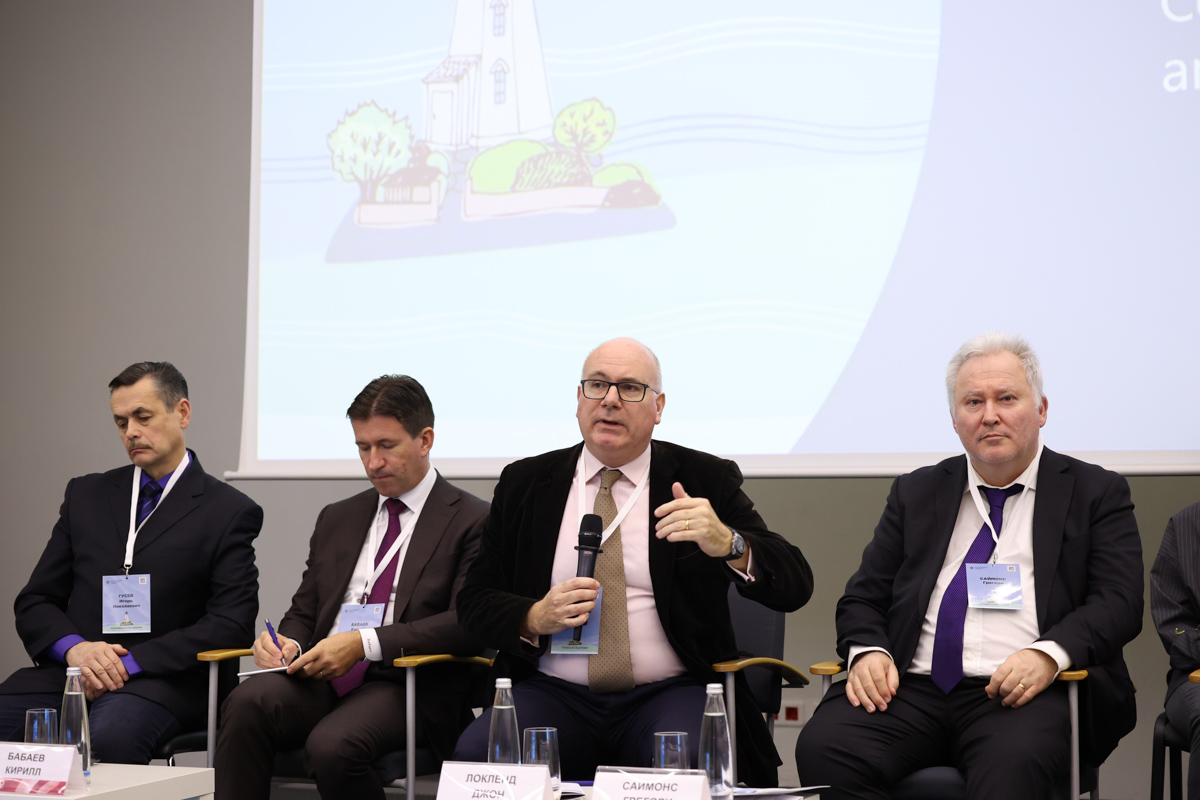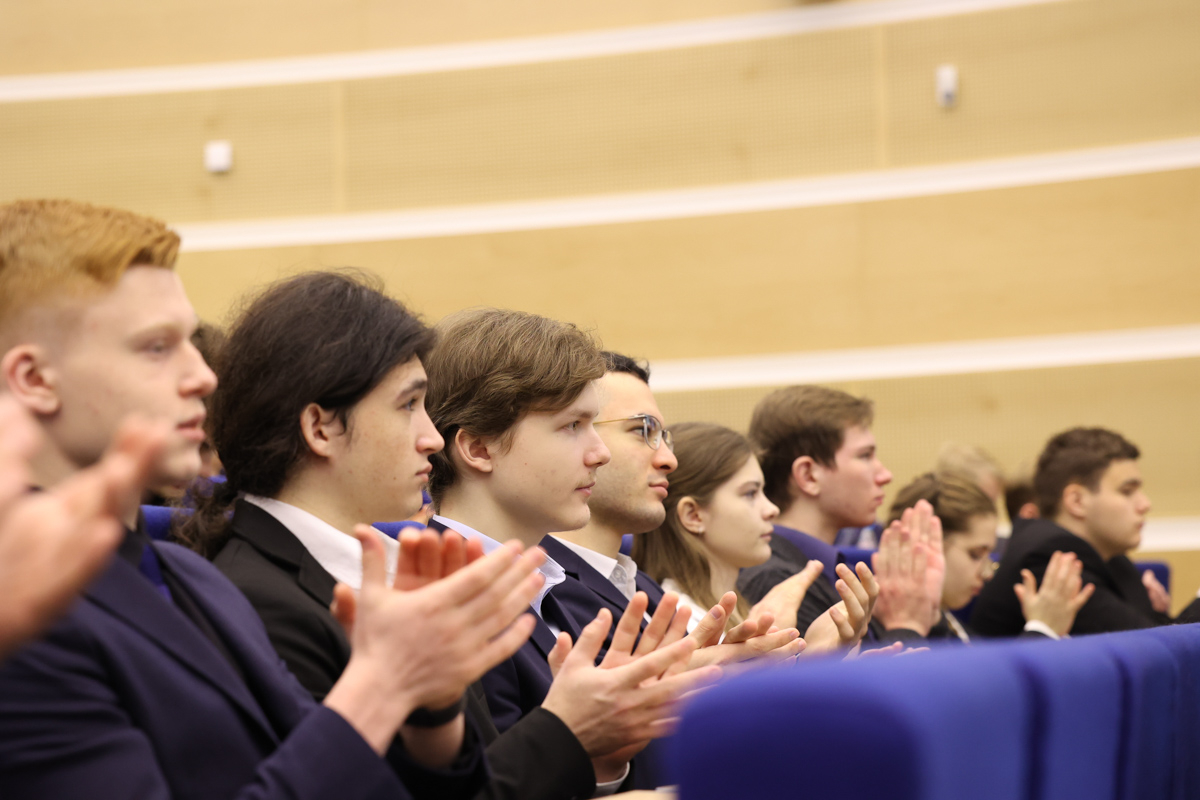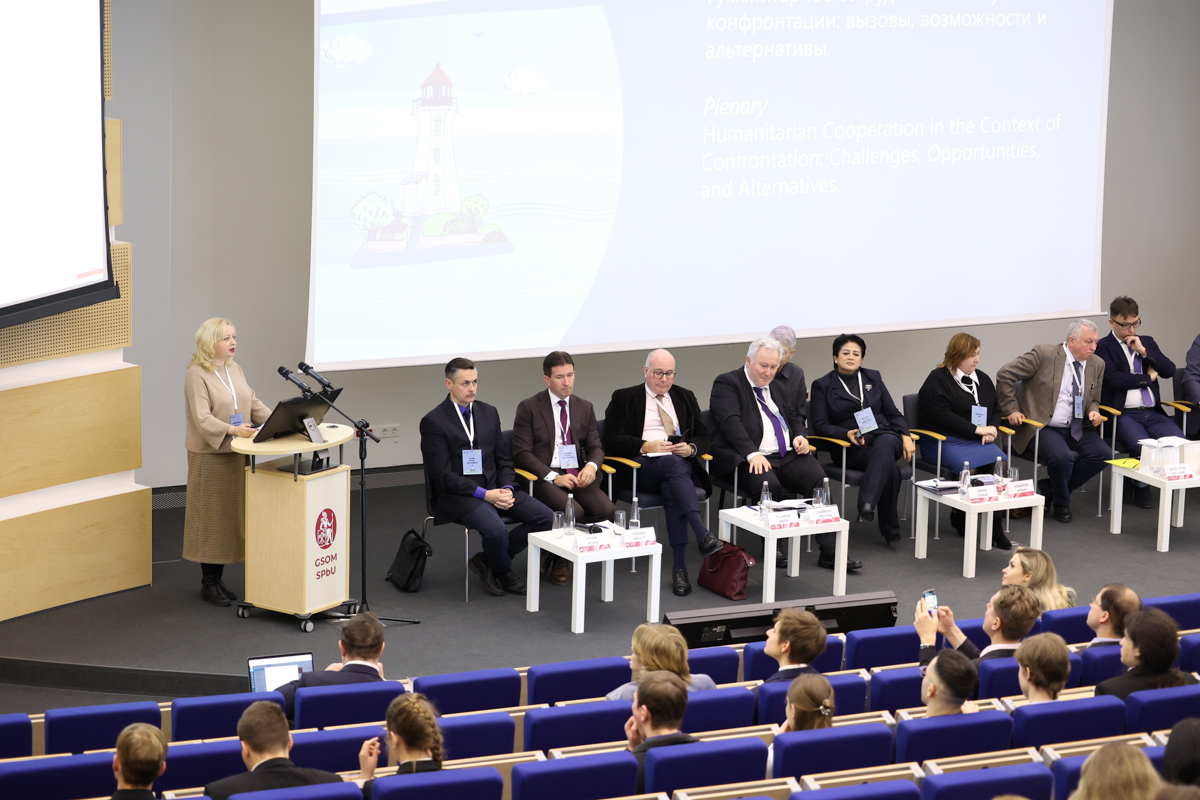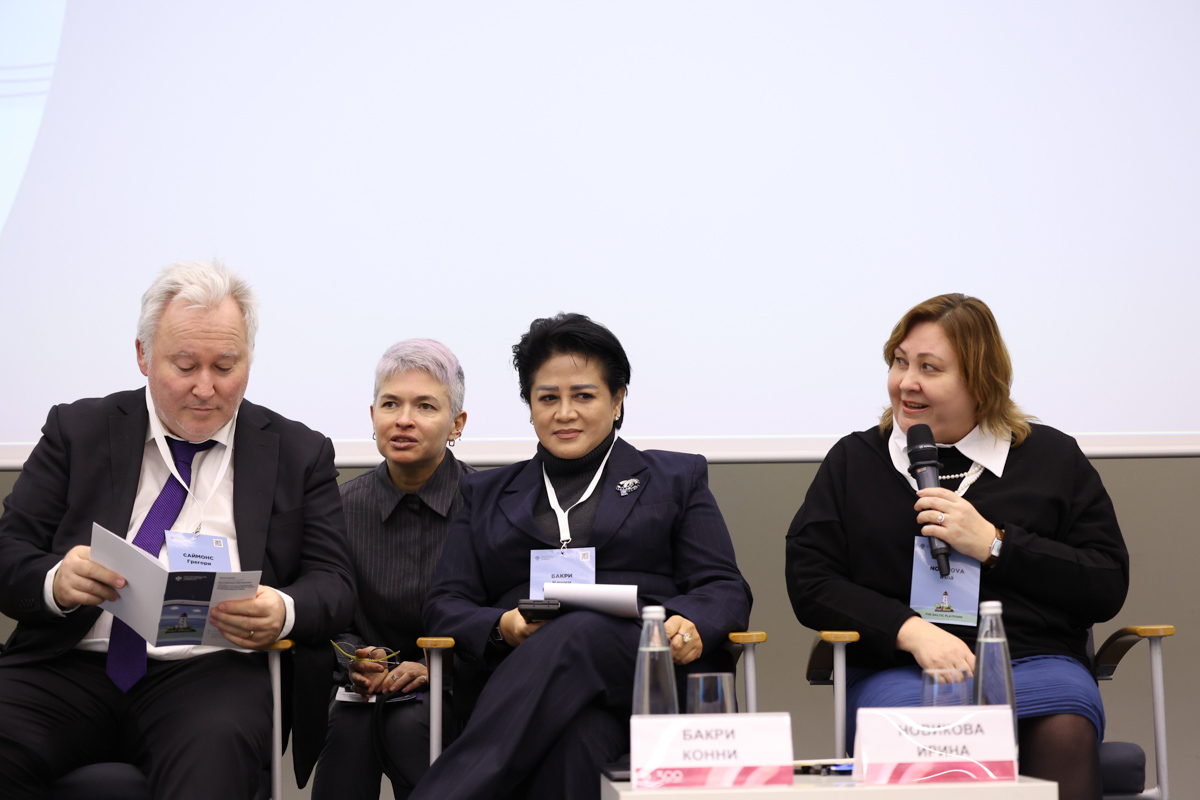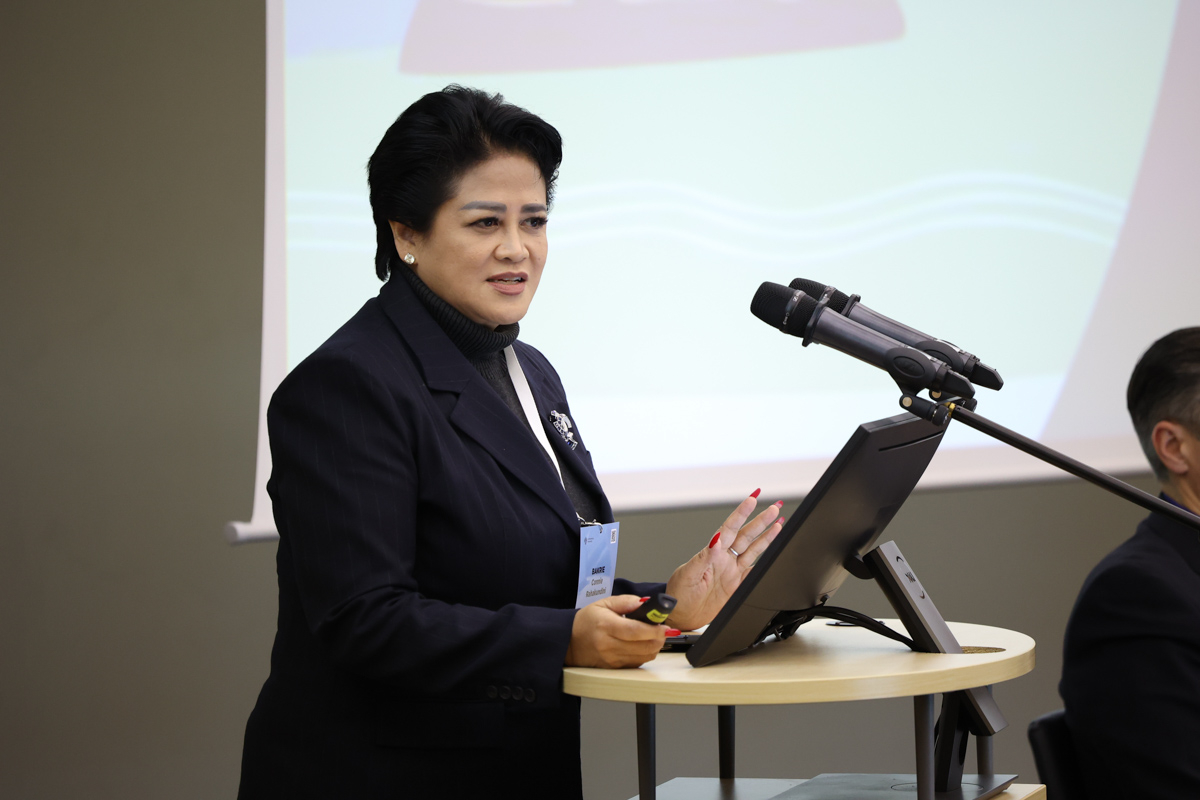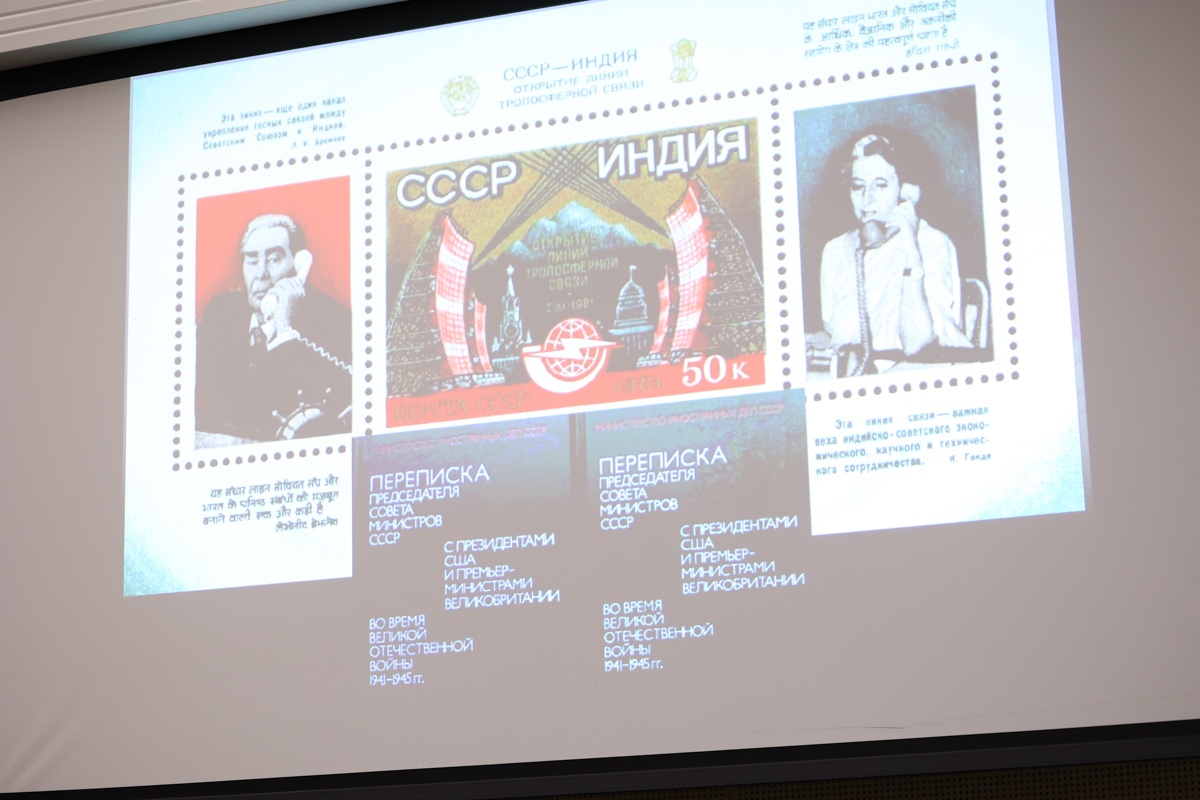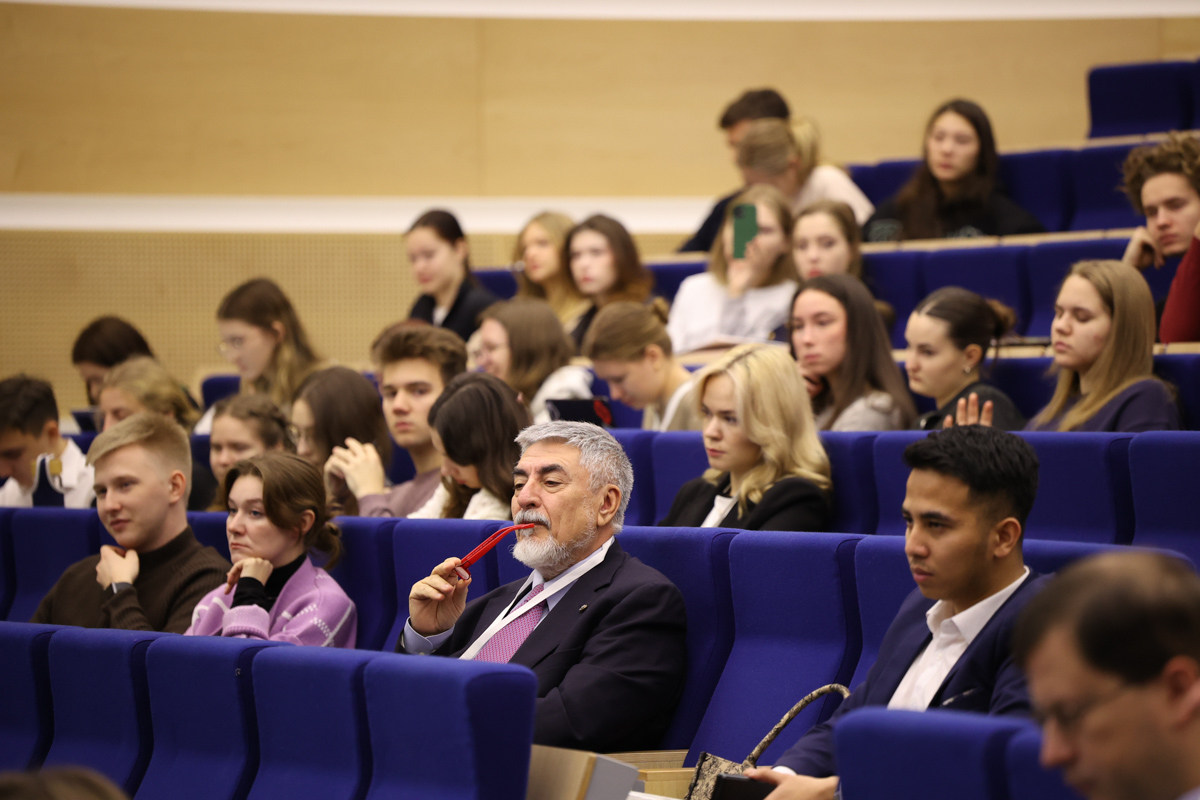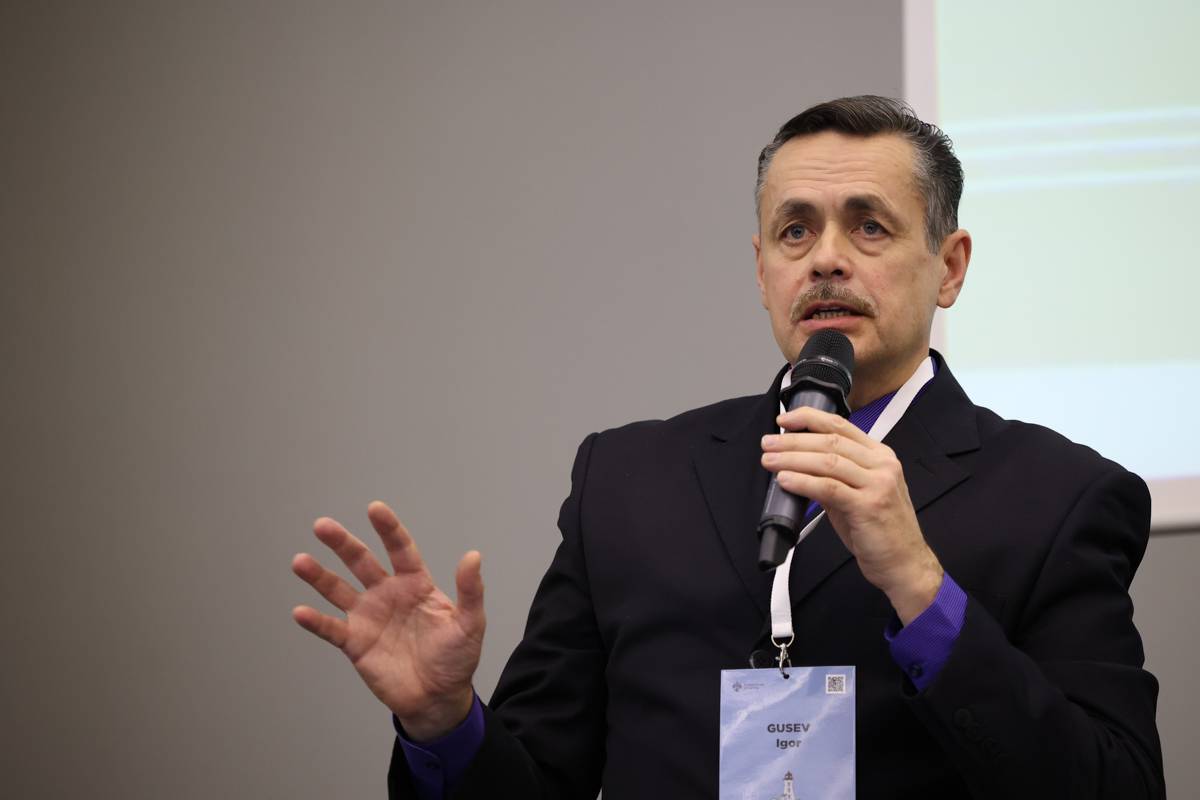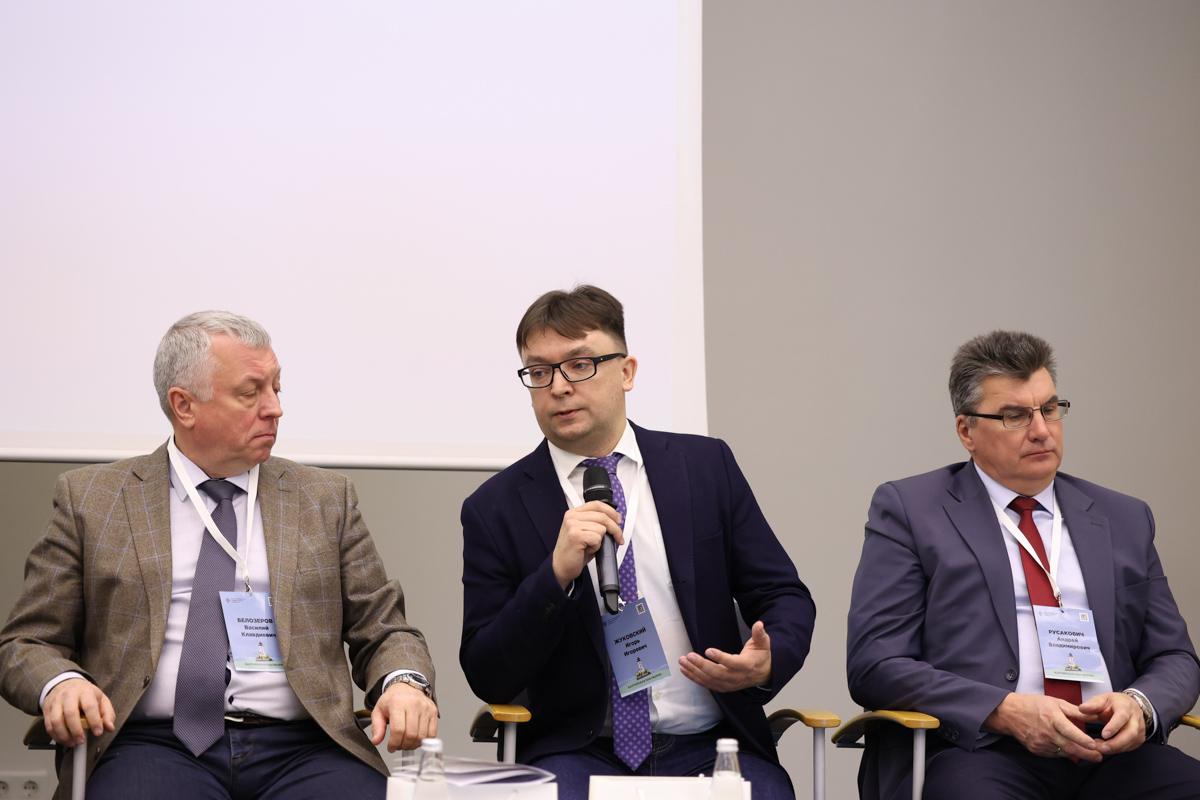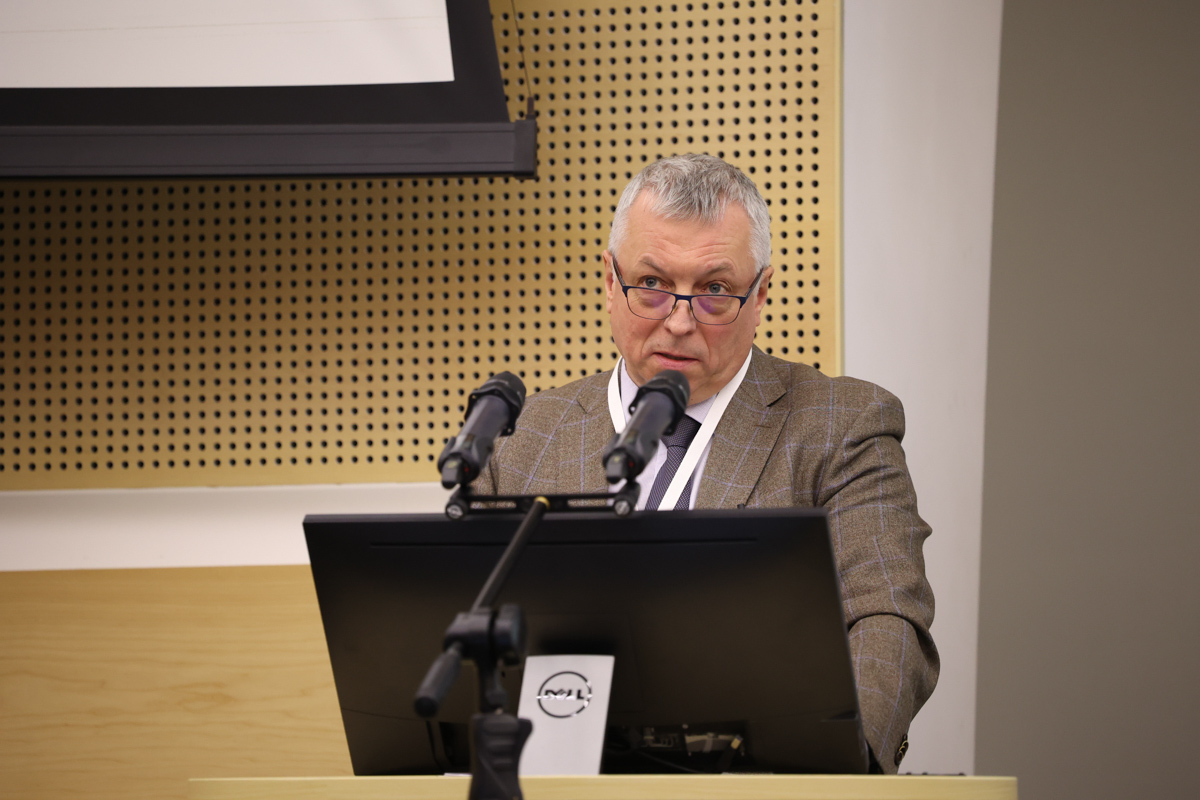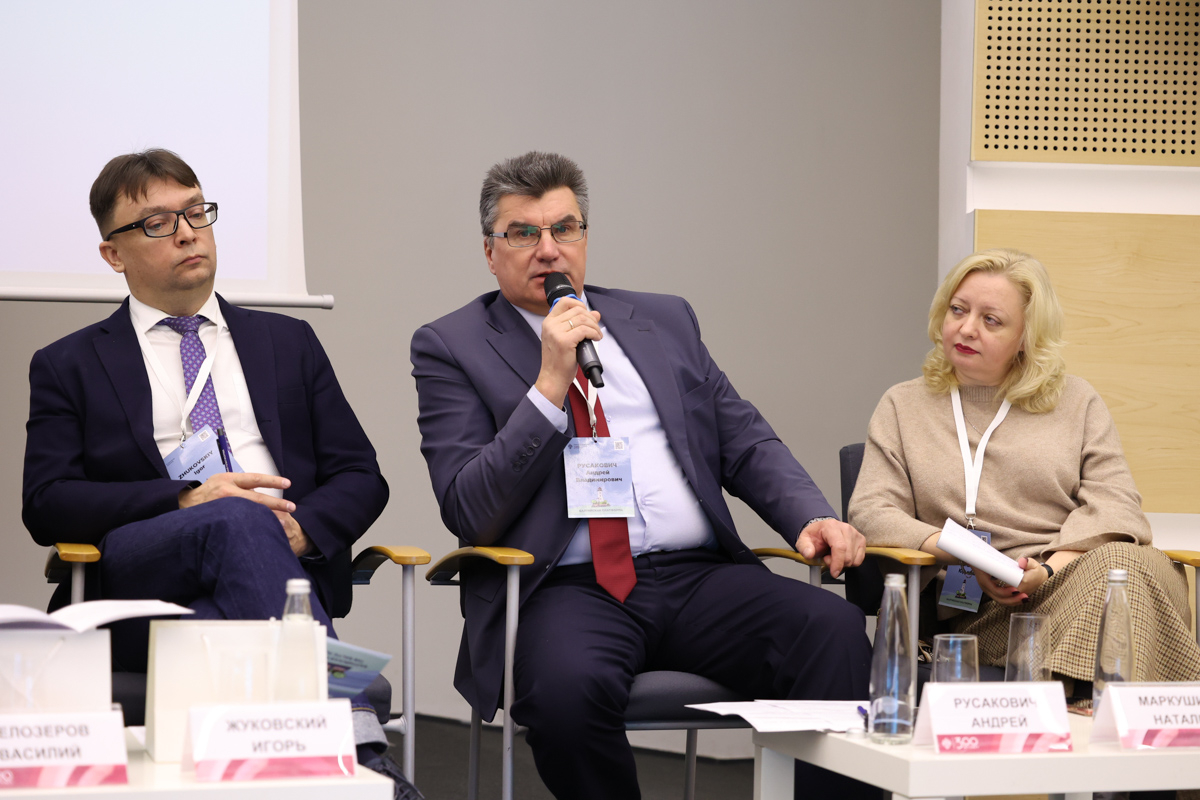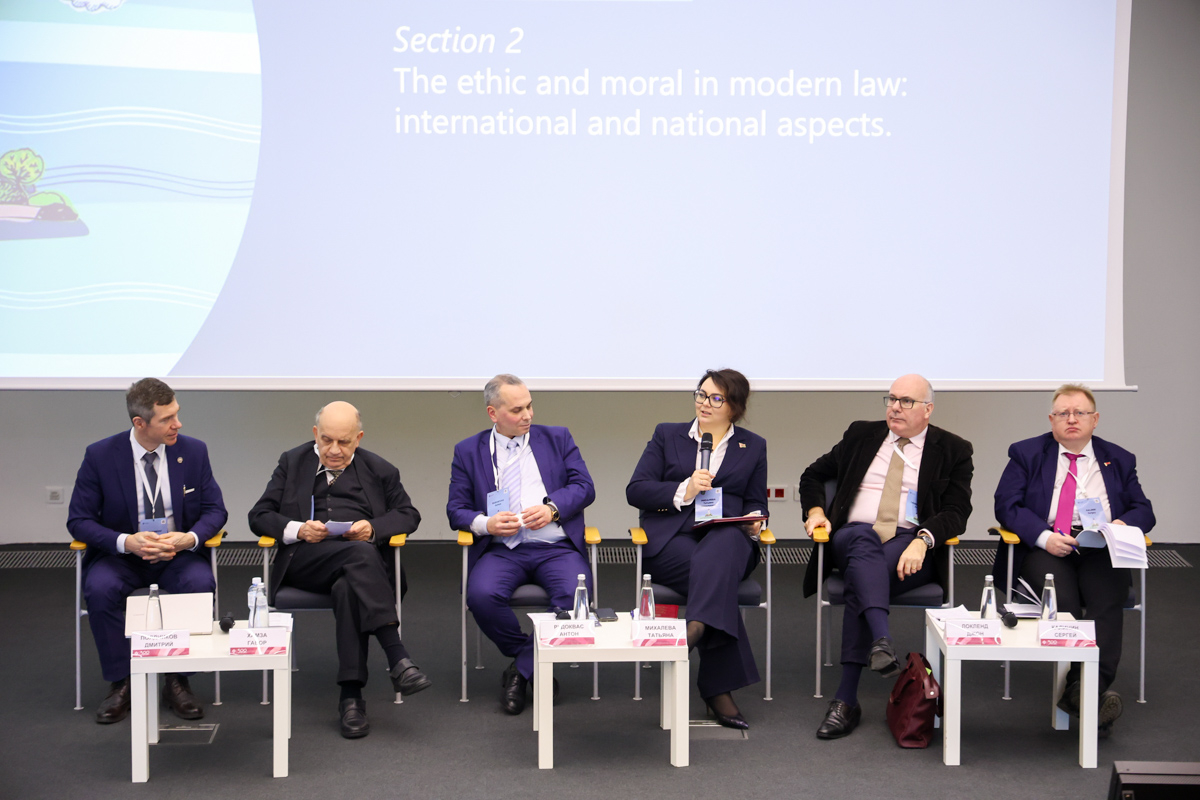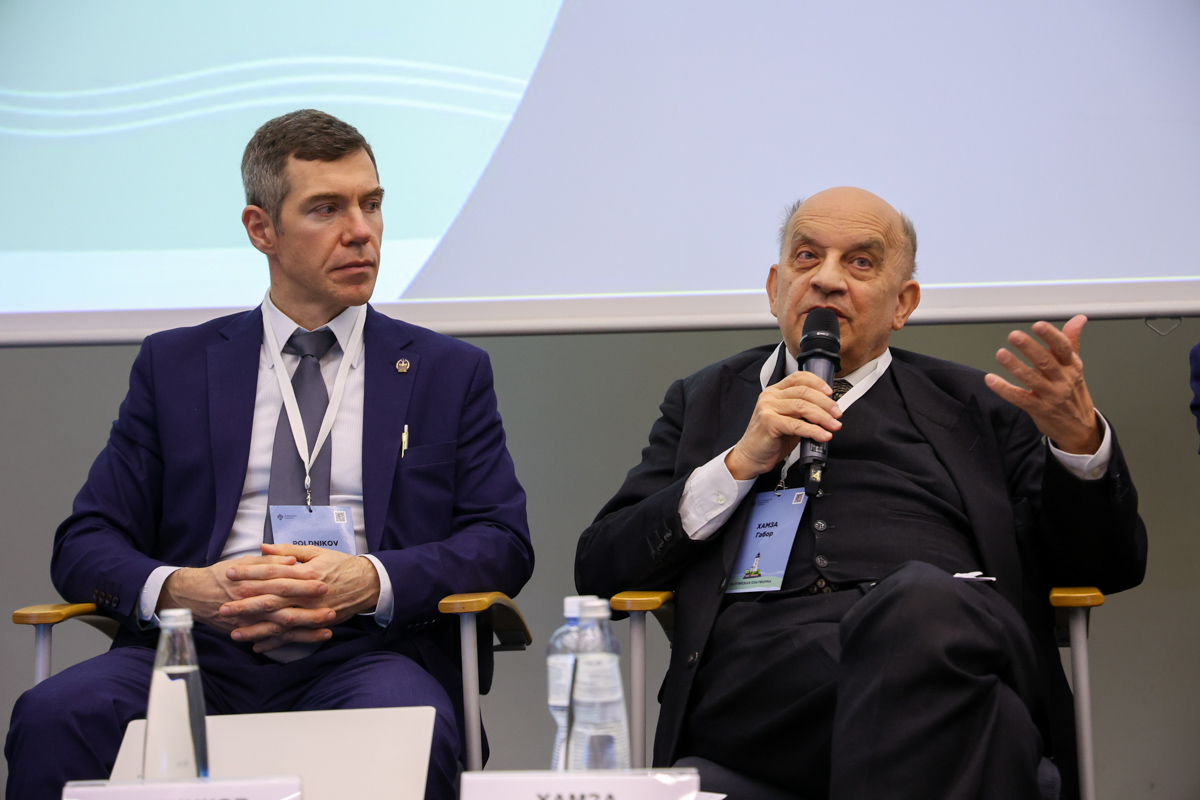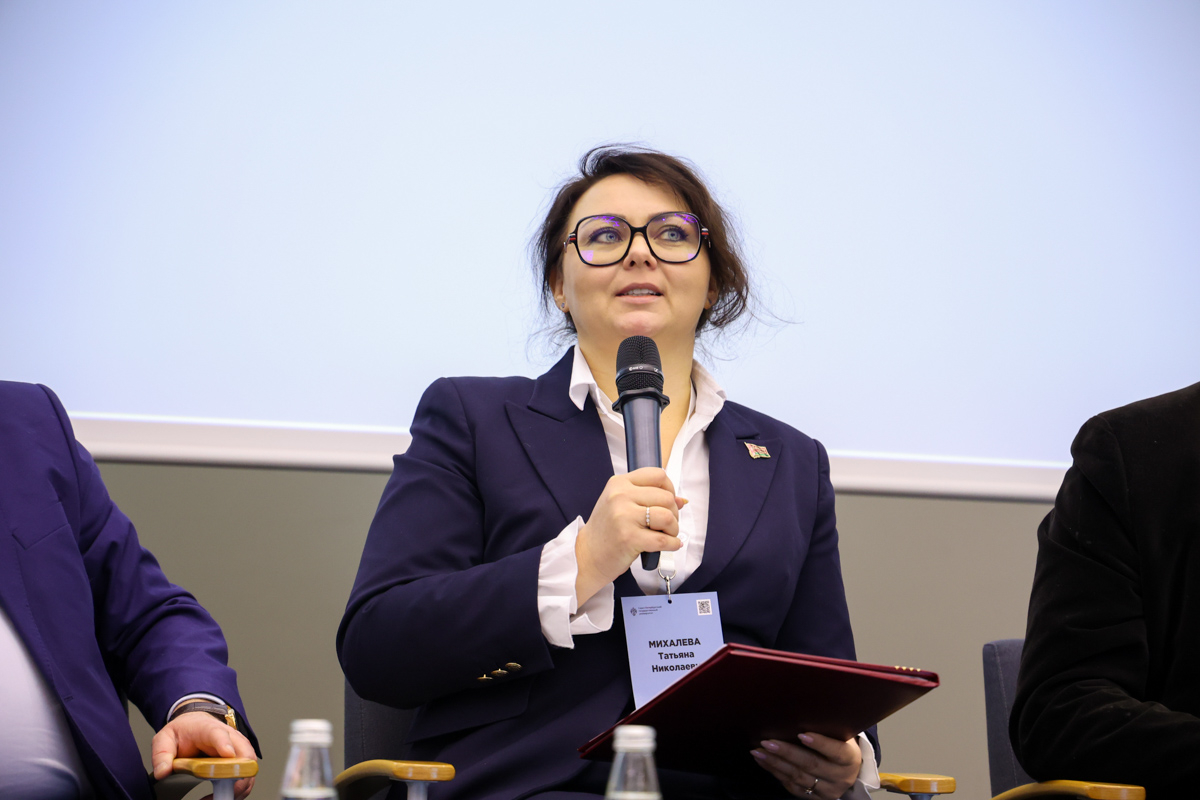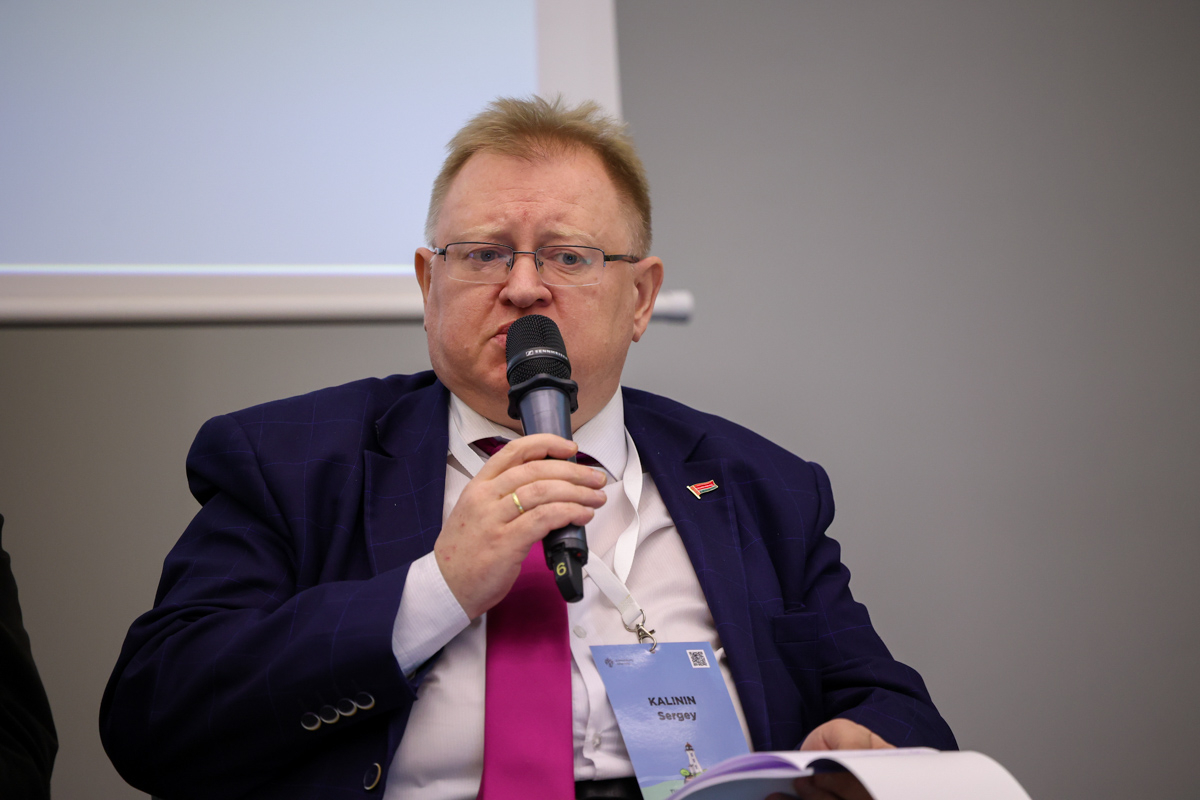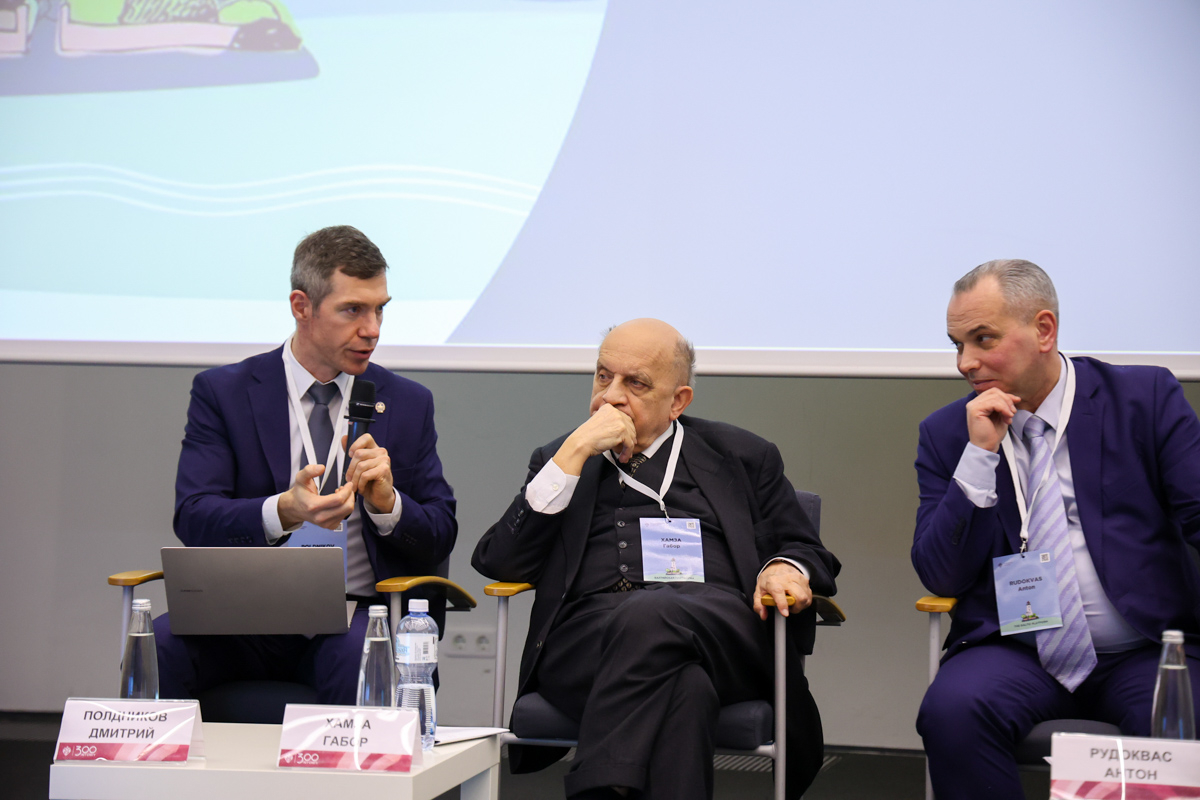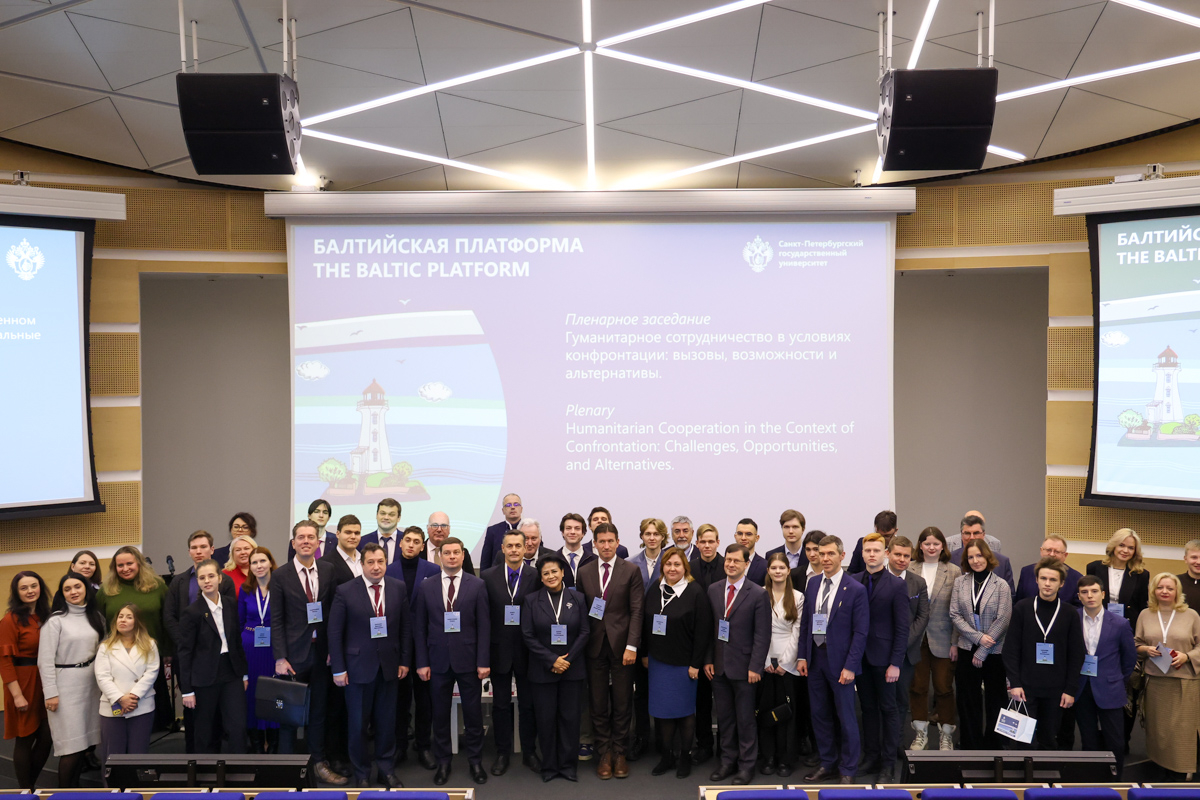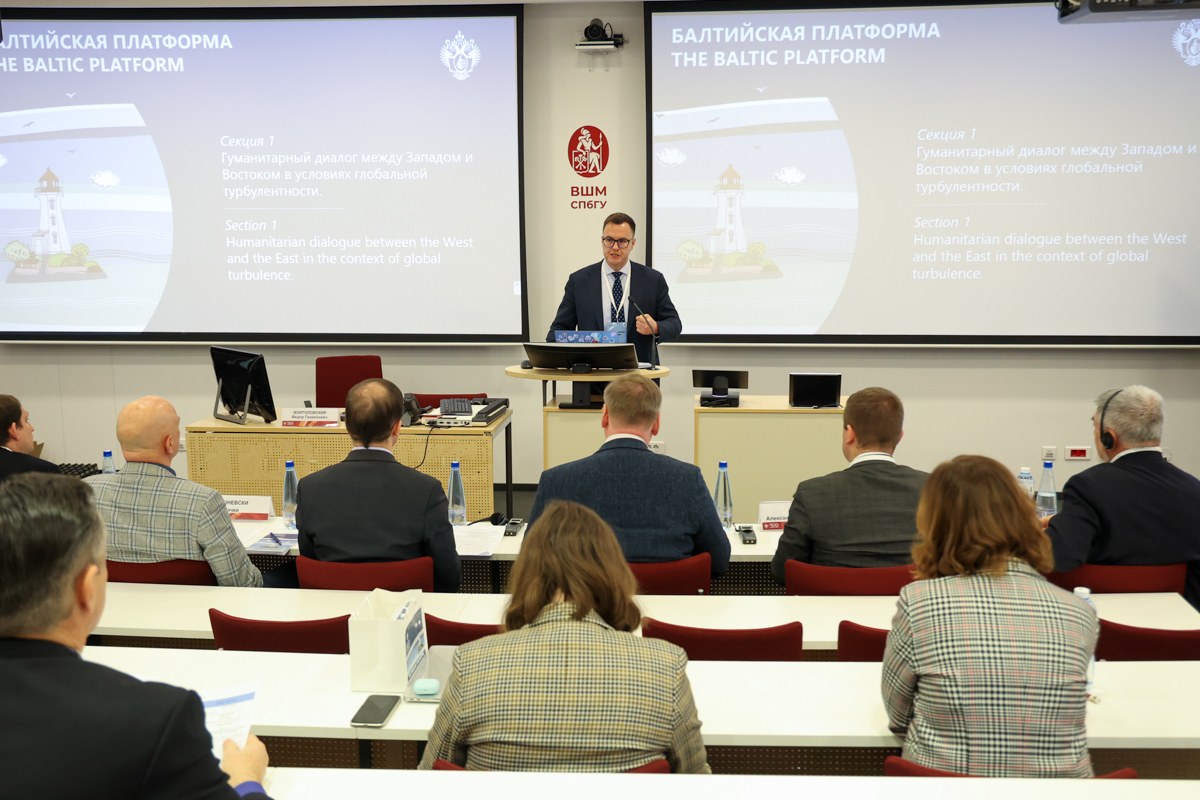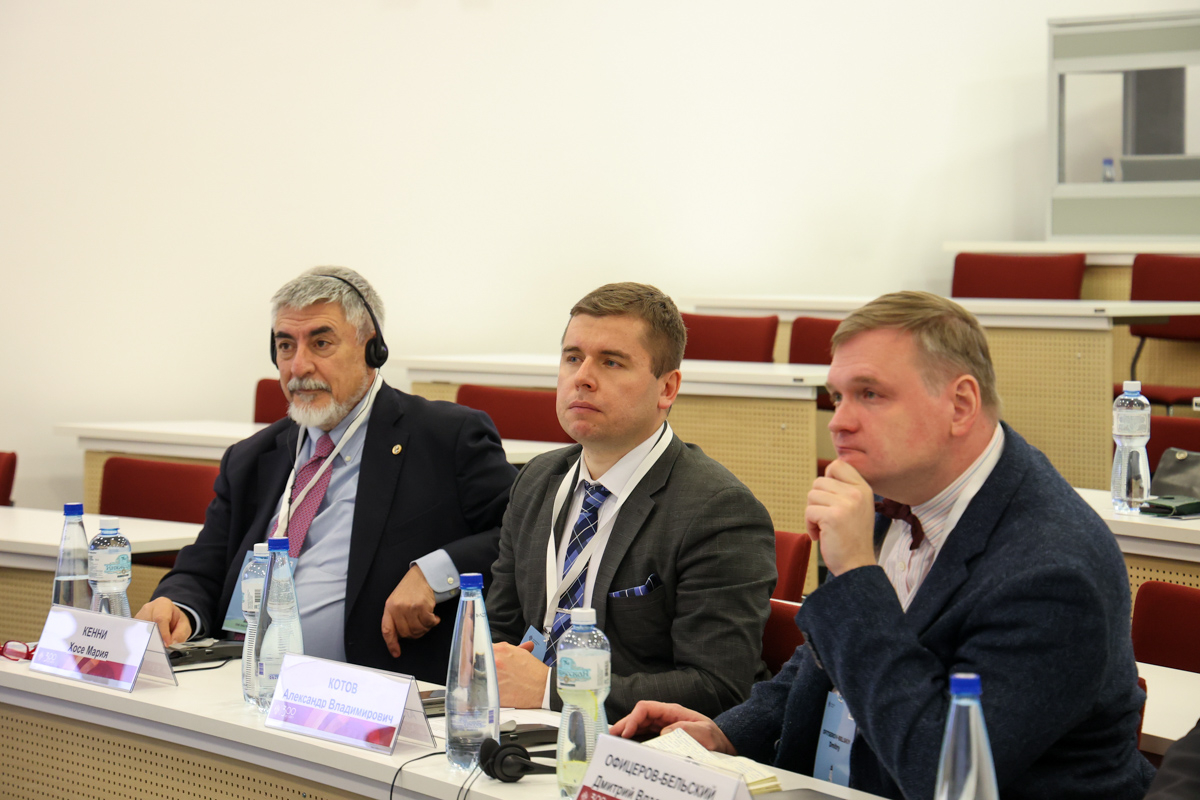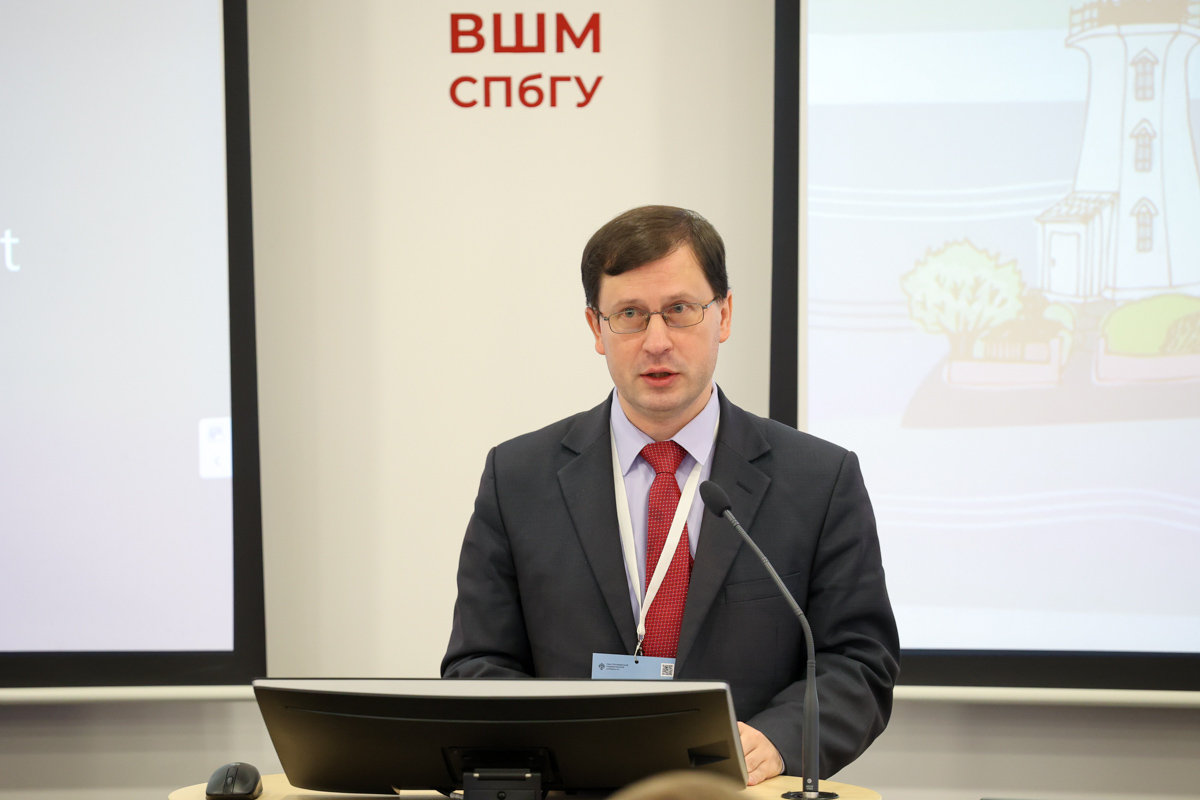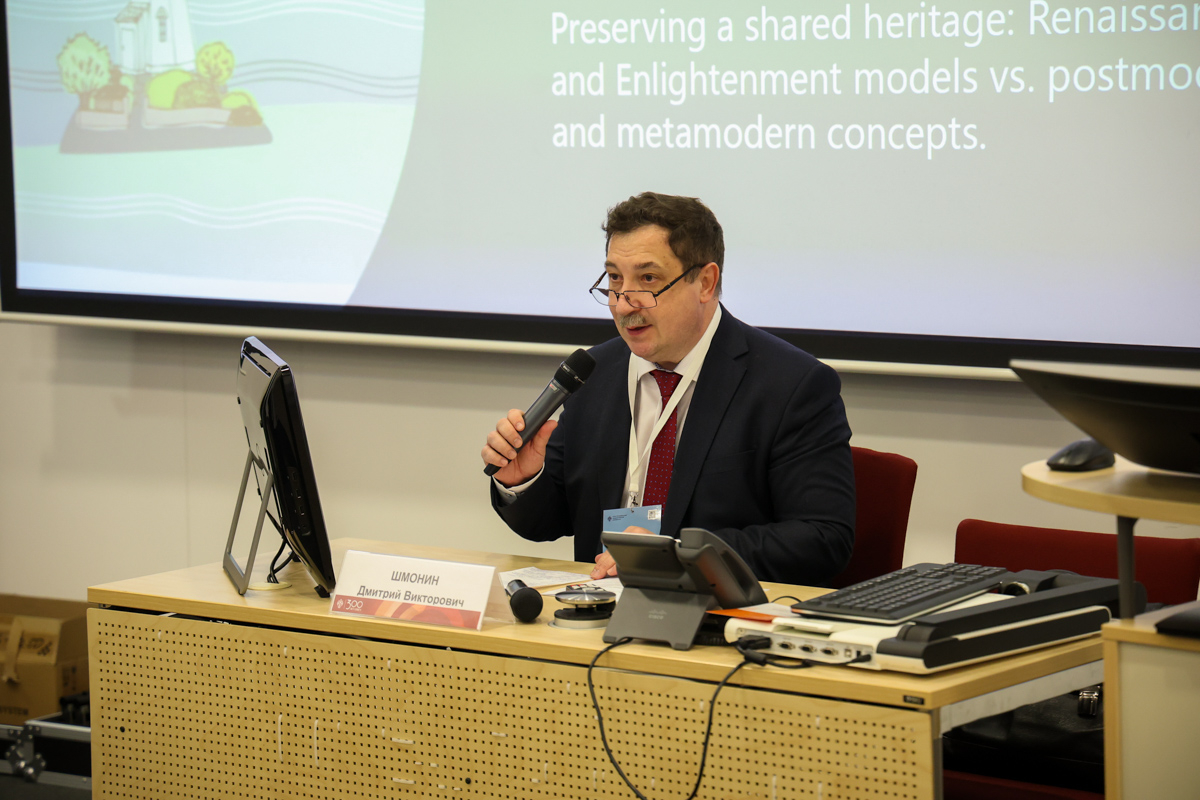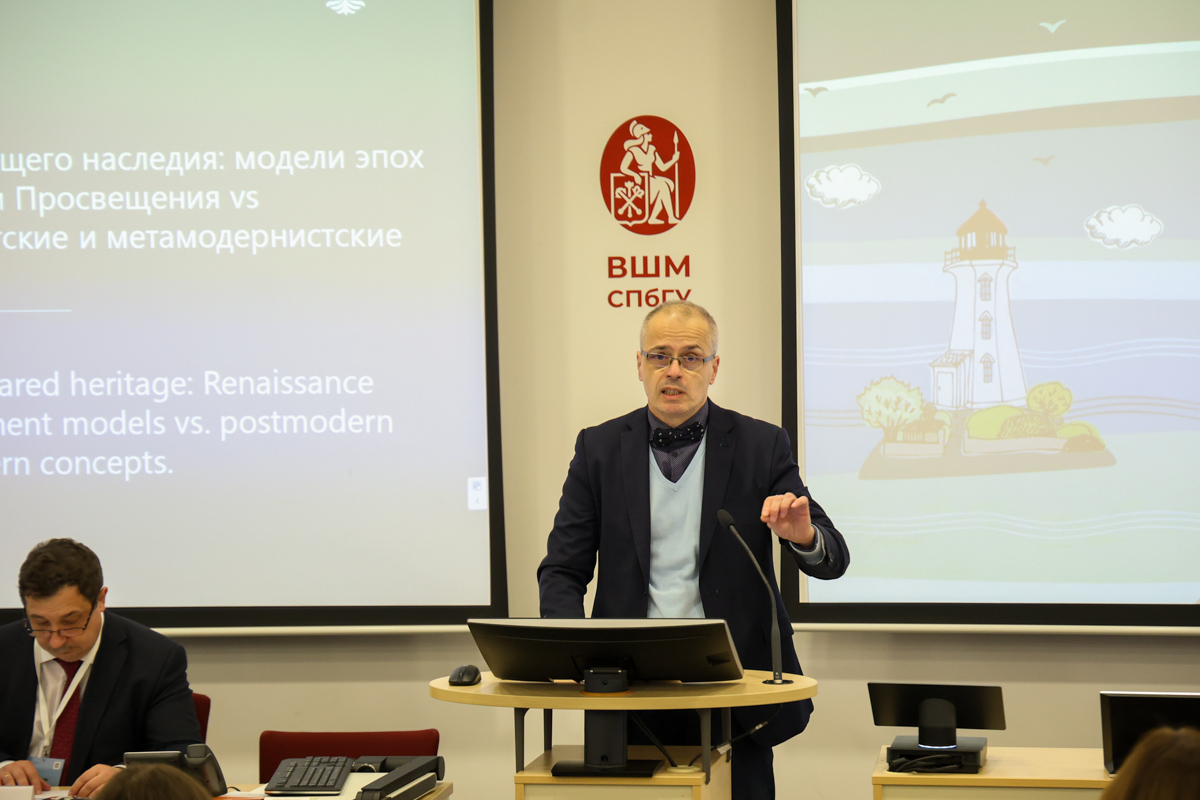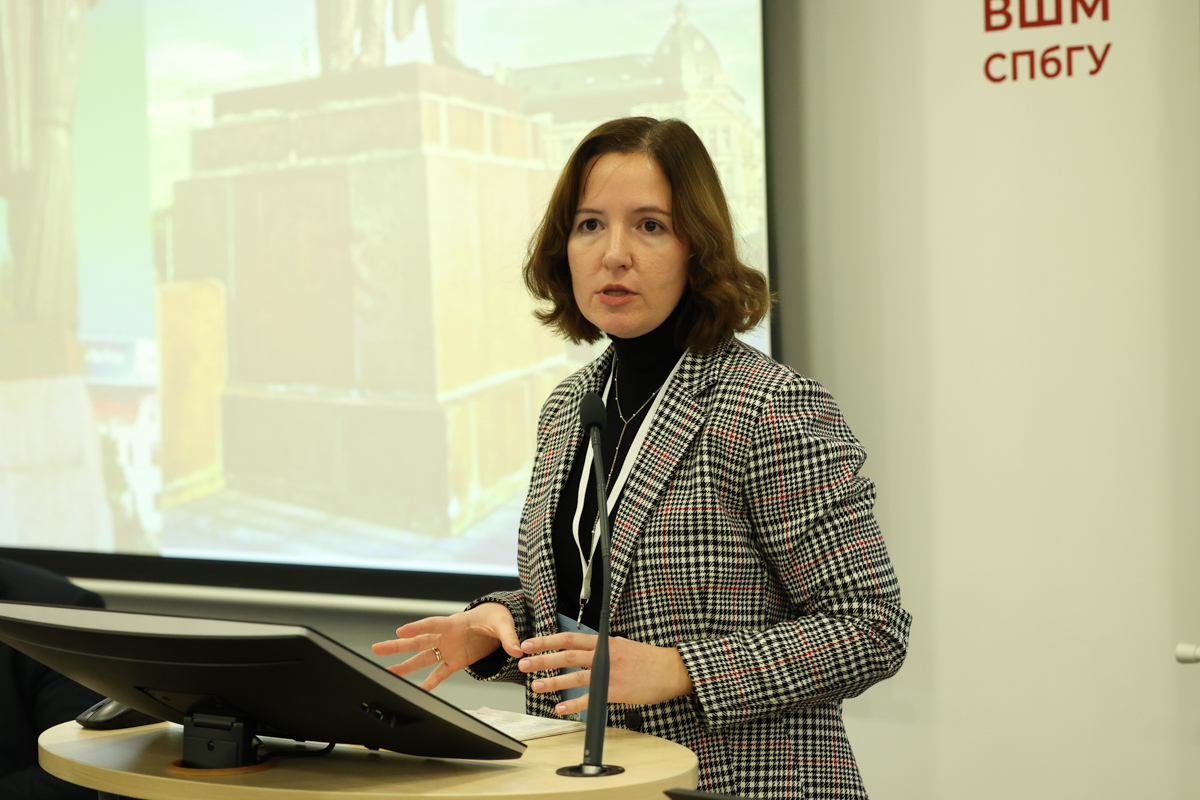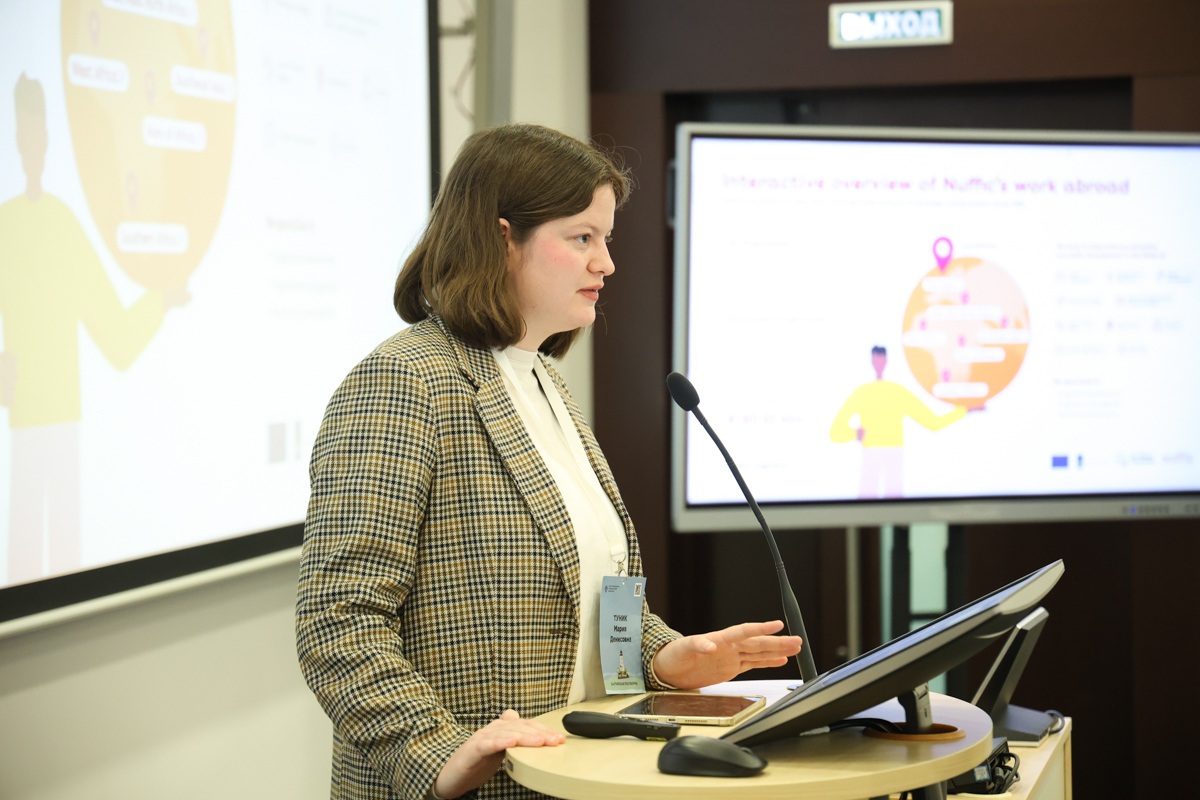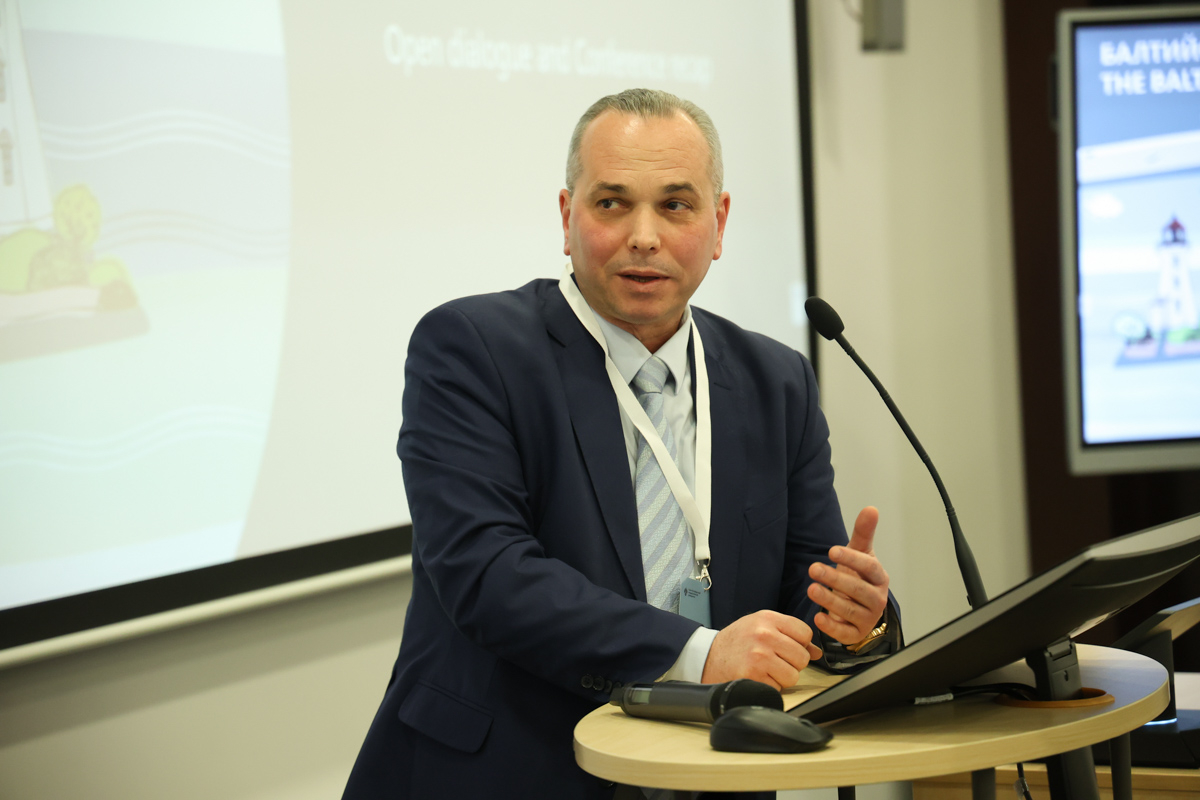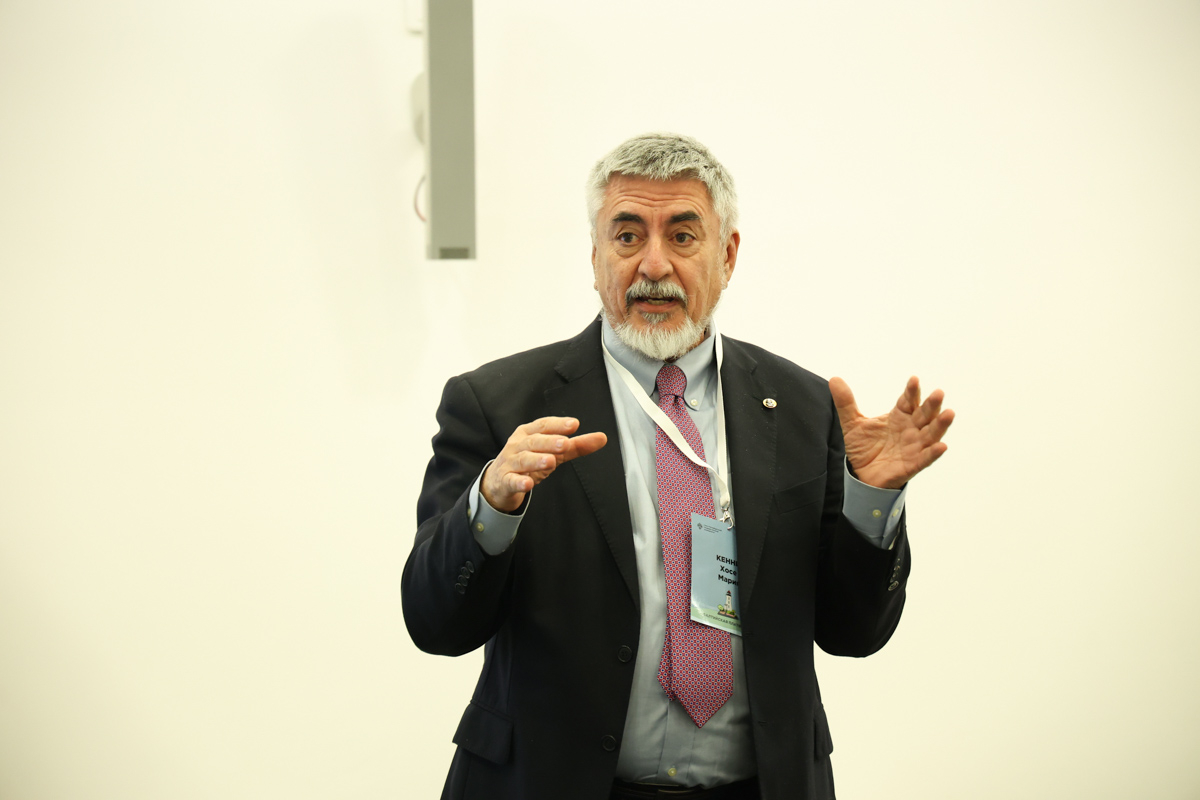The Baltic Platform held at St Petersburg University addresses reduction of geopolitical tension in Europe
St Petersburg University has hosted a session of the international discussion platform "Baltic Platform", focusing on humanitarian cooperation and the restoration of social and cultural ties amidst confrontation. The session brought together experts from: Russia; Belarus; Hungary; Serbia; Latvia; Egypt; India; Indonesia; Italy; Sweden; Poland; and other countries.
Rector of St Petersburg University, Professor Nikolay Kropachev welcomed the discussion participants at Russia’s oldest higher education institution, whose history is inextricably linked with the study and development of the Baltic region. He noted that, regrettably, through no fault of Russia, this area has become a hotspot of intense confrontation with the collective West, leading to a tense and unpredictable geopolitical situation around the Baltic Sea.
"When analysing interaction within the region, it is crucial to consider the shifts stemming from the identification of new external threats and challenges to security. The rise of xenophobia and Russophobia in Europe, attempts to glorify Nazism, and the erosion of the regional security architecture have resulted in the collapse of long-established cooperation mechanisms. Today, Russia is not only fighting for its right to exist but also for the freedom and dignity of all peoples worldwide who aspire to sovereign development. We are open to cooperation, but only on the basis of equal rights and mutual respect," Nikolay Kropachev emphasised.
One of the objectives of the Baltic Platform is to identify points of contact within the scientific, cultural, and educational spheres. These connections could serve as the foundation for building a new system of interaction between the East and the West, as well as the South and the North.
The academic community should engage in a global dialogue. Both Eastern and Western countries possess a wealth of cultural heritage and historical background. The opportunity to discuss these topics should form the basis for constructive dialogue between representatives of different countries and, indeed, civilisations.
Nikolay Kropachev, Rector of St Petersburg University
During the plenary session, moderated by Professor Irina Novikova, Dean of the School of International Relations at St Petersburg University, participants explored new formats of cooperation and the prospects for renewing contacts in the scientific, educational, and cultural spheres.
As part of the Baltic Platform panel discussions, presentations were delivered by: Gábor Hamza, Full Member of the Hungarian Academy of Sciences, Professor Emeritus of Eötvös Loránd University; Prashant Kumar, President of the Bar Association of India; Mateusz Piskorski, Polish politician, lecturer and publicist, Member of the Fifth Sejm; Jose Maria Kenny, Director of the Microplastics Research Centre at Yaroslav-the Wise Novgorod State University; professors Časlav Koprivica and Irina Deretić from the University of Belgrade; and other scholars and public figures.
John Laughland, a British journalist, scholar, and Director of Studies at the Institute for Democracy and Cooperation in Paris, delivered a talk on globalism as an instrument of repression. He highlighted that Russia has been proactive in developing international legislation for many years. Notably, Russia initiated the St Petersburg Declaration of 1868 and the First Hague Conference of 1899. In the 1930s, the USSR attempted to establish a system of collective security in Europe, and in 1975, the Helsinki Accords were concluded to reduce international tensions.
For instance, in 2008, Dmitry Medvedev, then President of the Russian Federation and an alumnus of St Petersburg University, proposed an initiative to develop a European Security Treaty. However, this project did not gain support from international organisations and EU countries at the time. According to John Laughland, Europe is currently dominated by a totalitarian and destructive liberal ideology that aims to dismantle states, undermine the institution of the family, and erode individuality. Russia, which diligently preserves its values and historical memory, has become a symbol of resistance against this way of thinking.
Igor Zhukovsky, Senior Research Associate in the Centre for the Study of Strategic Planning at the Primakov National Research Institute of World Economy and International Relations of the Russian Academy of Sciences (IMEMO RAS), made a presentation titled ‘The Potential of the Baltic Region’s Operational Networks: from a Cool War to a Cool Peace’. He highlighted that over the past 30 years, the Baltic region has developed such effective and comprehensive cooperative networks in humanitarian efforts that the term ‘new Baltic time’ has emerged in expert and analytical agenda, and the intensive interaction between universities in this region has gained global visibility. However, the imposition of interests of extra-regional players has led to the suspension of this partnership. For instance, as the speaker explained, the Council of the Baltic Sea States — once a major institution for regional development — has been reduced to a mere political forum. According to Igor Zhukovsky, the established cooperative experiences and ties proved ineffective in the face of an unprecedented and intense confrontation, largely due to the lack of a robust academic community response to its severity.
It seems to me that it is time for universities to step up as academic beacons. The expert community should take responsibility and develop new standards and models for effective communication.
Igor Zhukovsky, Senior Research Associate in the Centre for the Study of Strategic Planning at the Primakov National Research Institute of World Economy and International Relations of the Russian Academy of Sciences
"We may need to reconsider previously neglected tools, explore the constructive role of extra-regional players in the Baltic Sea region, and establish decision-making centres to develop new mechanisms on non-political grounds," said Igor Zhukovsky.
The plenary was also addressed by: Connie Bakrie, Professor of St Petersburg University, Executive Director of the Institute of Defence and Security Studies (Indonesia); Kirill Babaev, Director of the Institute of China and Modern Asia of the Russian Academy of Sciences; Andrei Rusakovich, Professor of Belarusian State University; Gregory Simons, Associate Professor of Turiba University (Latvia); and other international experts.
As part of the Baltic Platform session, three panel discussions were held to address a wide range of issues. In the session titled ‘Humanitarian Dialogue Between the West and the East in the Conditions of Global Turbulence’, participants explored the possibilities of establishing a dialogue on humanitarian issues and potential avenues for its development. The discussion covered the positions of Russia, the West, and the East on humanitarian dialogue within the current geopolitical landscape. Topics included the feasibility of dialogue and sustainable agreements aimed at preserving historical and cultural heritage, as well as the communication channels that remain open for civil society representatives and how they can be activated. The discussion was moderated by Feodor Voitolovsky, Corresponding Member of the Russian Academy of Sciences, Doctor of Political Sciences, Professor of the Russian Academy of Sciences, Director of the Primakov National Research Institute of World Economy and International Relations of the Russian Academy of Sciences.
At the panel titled "Ethical and Moral Dimensions in Modern Law: International and National Aspects," speakers discussed the evolution of "good morals" as foundational principles in civil and international law. They explored how shifts in morality and ethics drive the transformation of law, including international law, and examined how political interpretations of international humanitarian law contribute to the degradation of international legal frameworks. The panel session was moderated by Professor Anton Rudokvas, Doctor of Law, Acting Head of the Department of Civil Law and Director of the Gabriele Crespi Reghizzi Centre for Comparative Law at St Petersburg University.
The Baltic Platform is an international discussion platform established in July 2023 at the initiative of Russian scholars. Its purpose is to address the global issues of significance to the Baltic-Scandinavian region, welcoming all interested experts regardless of their citizenship, religious and national affiliation, or political and scientific views. The topics for the platform’s events are selected based on their relevance and the enduring nature of the problems they address, with the focus on fundamental issues in the humanities and social sciences. Since its inception, the Baltic Platform has organised approximately ten events, focusing on: biosphere diversity conservation; environmental protection; preservation of cultural and historical heritage; international cooperation in science and research; and others. Participants in these discussions have included representatives from academic communities in Finland; Denmark; Germany; Belarus; India; China; Sweden; Switzerland; Latvia; Estonia; and Russia. The platform’s main partners in Russia are: the Primakov National Research Institute of World Economy and International Relations of the Russian Academy of Sciences; the Institute of Europe of the Russian Academy of Sciences; St Petersburg University; MGIMO University; and Immanuel Kant Baltic Federal University.
The panel session titled "Preserving the Common Heritage: Renaissance and Enlightenment Models vs Postmodernist and Metamodernist Concepts" was moderated by Professor Dmitrii Shmonin, Doctor of Science (Philosophy), Director of the Institute of Theology at St Petersburg University, Editor-in-Chief of the journal "Issues of Theology," and a member of the Committee for the Development of Theological, Religious, and Spiritual-Moral Education of the Council for Coordination with Religious Organisations under the President of the Russian Federation. The experts addressed several issues related to the preservation and definition of cultural heritage criteria in the context of the dominance of postmodern and metamodern concepts in culture. The participants also highlighted the problems of destroying cultural and historical heritage to achieve the short-term political goals of ruling elites.


